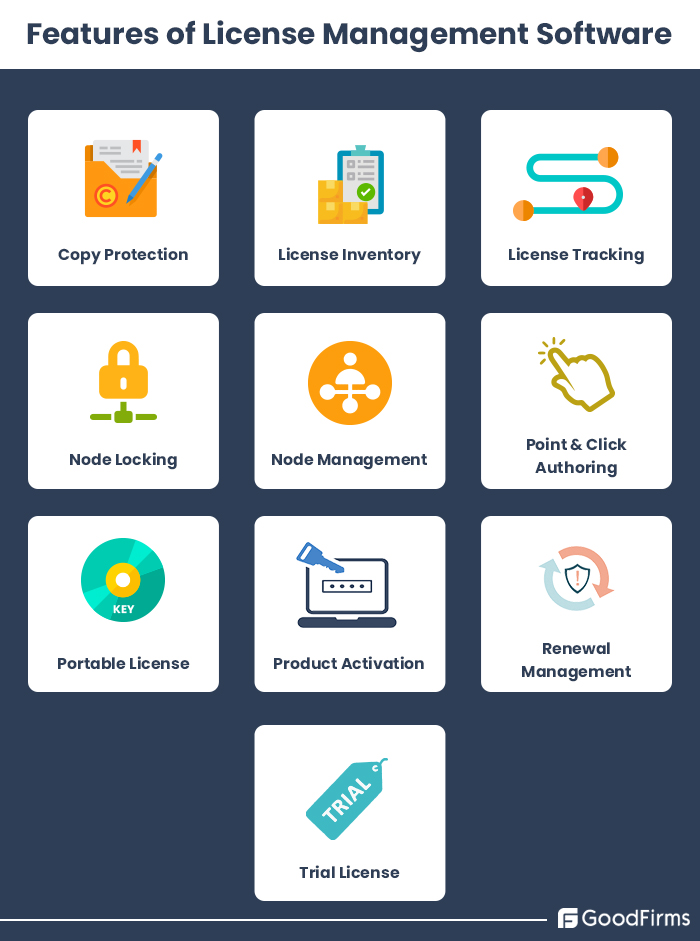In the swiftly changing world of software, applications has become an crucial part of our regular lives and business operations. As companies and individuals lean more heavily on software to enhance productivity, simplify processes, and promote innovation, the significance of authentic software certifications cannot be overstated. These authorizations not only serve as a formal agreement between the software developer and the user, but they also ensure the reliability, security, and performance of the program being used.
Utilizing genuine software certifications is vital for shielding your investment and protecting your infrastructure from potential risks. Bogus or pirated software may appeal like a cost-effective solution at first, but it often comes with unexpected costs such as safety vulnerabilities, absence of technical support, and the chance of litigation-related repercussions. Throughout this article, we will discuss the reasons why obtaining genuine software licenses is non-negotiable for users and businesses alike, emphasizing the important role they play in maintaining software validity and promoting a secure digital space.
The Importance of Software Licensing
Software licenses are crucial for defining the authorized application of computer programs, that protects both the programmers and the consumers. By clarifying how programs can be utilized and distributed, these licenses ensure that developers are compensated for their efforts while providing end users with the privileges and restrictions associated with the program. This system helps foster creativity and supports the ongoing progress of quality software applications.

Furthermore, genuine software licenses play a important role in maintaining the security of software systems. Unauthorized or illegally obtained programs can lead to various risks, including risks to security, instability, and lack of support. Authorized software is regularly updated and maintained, providing consumers a dependable and safe experience. This guarantee is vital for organizations that depend on computer programs for their day-to-day operations.
In also to protecting IP, licenses help create a just marketplace. When organizations put resources in authentic software, they contribute to a stable ecosystem where creators are encouraged to create and improve their offerings. This shared investment leads to improved quality of software and diverse options for users, ultimately advantaging the industry as a whole.
Consequences of Using Pirated Software
Using illegal software can lead to major legal repercussions for users and companies alike. Software piracy is in violation of the law, and those found using unauthorized licenses may be subject to fines or even litigation. Companies may also find themselves at risk if their staff utilize unlicensed software, potentially leading to costly legal battles and damage to their reputation.
In addition to legal issues, illegal software can put users to a range of threats. Unofficial versions often lack important updates and patches, rendering systems susceptible to viruses and cyberattacks. Additionally, these illegitimate copies may contain covert malicious software designed to capture sensitive information or interfere with operations, leading to further financially and operational damage.
Finally, the use of pirated software jeopardizes the credibility of the software industry. When businesses lose revenue due to piracy, they face challenges in funding future development and innovation. This stagnation can eventually affect the standards and safety of software products on the market, leaving all users at a drawback. Authentic software licenses are crucial for a healthy ecosystem that fosters creativity and ensures product reliability.
Best Strategies for License Compliance
To ensure adherence with program licenses, organizations should set up concise policies regarding software use and acquisition. activatusoftware entails creating an inventory of all software in use, noting their licensing terms and conditions. Training employees on the importance of adhering to these policies can help cultivate a culture of compliance and awareness. Regular reviews of program usage against the inventory can identify any discrepancies and prevent unintentional violations.
It is also crucial to confirm that all software installations are conducted via authorized channels. Using trusted sources for program downloads minimizes the risk of unknowingly acquiring pirated or non-compliant versions. Additionally, organizations should utilize license management tools to streamline the monitoring and tracking of software licenses. These tools can automate compliance checks, generate reports, and provide alerts when licenses are nearing expiration.
Lastly, organizations should maintain open communication with software vendors. This not only helps in understanding the latest licensing changes but also provides insights into potential upgrades and support options. Engaging with vendors ensures that organizations are informed of their rights and responsibilities regarding licenses, ultimately supporting a compliant program environment.
